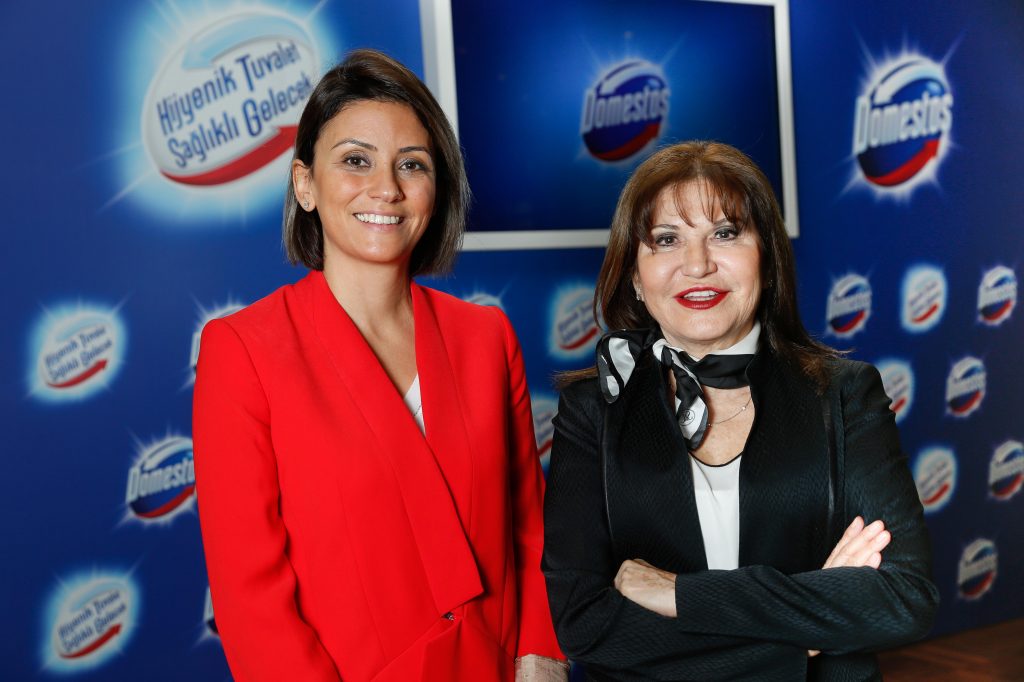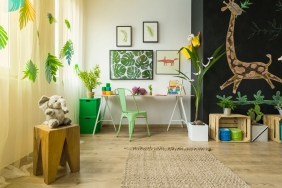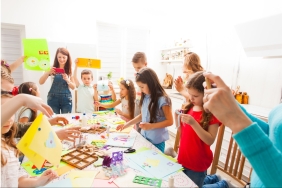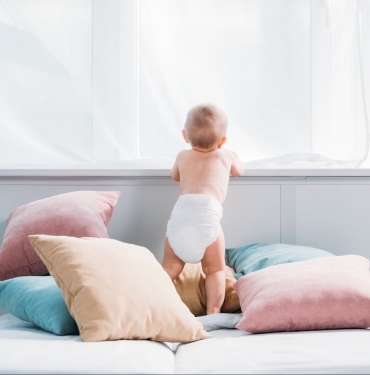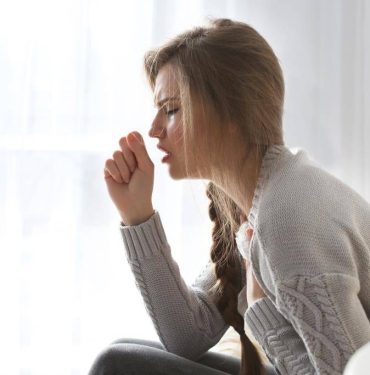Working towards the goal of providing 25 million people around the world with access to toilets in better conditions by 2020, Domestos is now implementing the "Hygienic Toilet, Healthy Future" project to improve hygiene standards in schools and raise hygiene awareness. With the project whose pilot phase was carried out in cooperation with the Sarıyer District Directorate of National Education,
Based on the fact that children do not want to use toilets that are not free from germs and have inadequate physical conditions, the cleaning brand also calls on the auxiliary services staff responsible for cleaning and parents to support the project by providing training within the scope of the project. With the pilot phase of the project held in Sarıyer, with the aim of maintaining awareness of hygiene standards and regular use of toilets in at least 70 percent of schools, 150 auxiliary services personnel from 36 schools were trained and access was provided to 21,376 children and their parents. Additionally, as a result of the improvements made in schools, the frequency of use of toilets increased by 25 percent in the first month. Simultaneously, the brand continues to provide training to children on the correct use of toilets and personal hygiene together with TEGV.
Prof. Dr. Hilal Mocan: “Clean and hygienic toilets positively affect both the physical health and development of children”
Participating in the training was Prof. Dr. Hilal Mocan stated that germ-free toilets are a priority for children's physical health: “School is a brand new world for our children, where they step into a new life, but it is completely out of the control of the parents and contains many areas of use.
Intensive and crowded environments such as school toilets pose significant risks to the health of our children if they are not cleaned in accordance with hygiene standards and free of germs; Bacterial, viral and fungal infections can cause health problems such as microbial diseases, diarrhea, infectious jaundice, urinary tract infection and intestinal parasites. In periods where there is not much snow, such as this year, harmful microorganisms can increase rapidly and cause epidemics. For this reason, killing microbes is of great importance.” Adding that children hold their toilet because they do not want to go to a toilet that is outside the environment they are used to and feel comfortable in, or that is not as clean as the toilet at home, Mocan said, “Children may face health problems when they hold their toilet.
However, this is a physiological need at least as basic as breathing and feeding, and it is an issue that is important enough to affect not only the present but also the future of children. Because there is also a psychological dimension: Children may be reactive to a school environment where they are not as comfortable as at home, and may not want to go to school. "Because they cannot go to the toilet, they cannot go to recess or socialize with their friends." Hilal Mocan underlined that parents also have a responsibility in this regard.
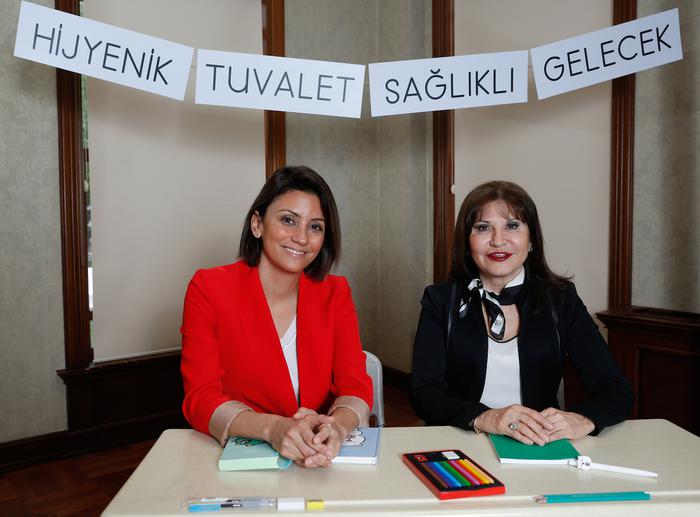
Unilever Home Care Category Marketing Director Duygu Ersoy: “It is our responsibility to support”
Emphasizing that the private sector should contribute to the state's uninterrupted improvement efforts to ensure hygiene in schools, Unilever Home Care Category Marketing Director Duygu Ersoy said, "Children all over the world face health risks due to microbes that arise as a result of preventable hygiene problems, and as a brand, we work to reduce these risks." we are working. We are now adding the 'Hygienic Toilet, Healthy Future' project to our work in this field in Turkey. We aim to improve hygiene processes and support school administrations with the support of auxiliary service personnel responsible for cleaning in schools.
Because contrary to popular belief, toilets are not actually dirty; The reason why toilets are dirty is related to the way they are used. The fact that the frequency of use increased by 25 percent in the first phase of our project reveals the accuracy of this perspective. With these pleasing results, our aim is to contribute to this transformation in at least 100 schools every year. "We hope that this project, which we have implemented to provide our children with a germ-free toilet environment and hygiene similar to their homes, in their schools, which are their second homes, will inspire and increase support in this field," he said.
Since 2016, within the scope of the "Domestos Donation to Schools" (ODB) project, it has been donating products to schools in cooperation with the provincial national education directorates in line with the requests from school administrations and parents. The cleaning brand, which aims to donate 600 tons of products to public primary and secondary schools in 3 years, has visited more than 13 thousand schools with the project so far and contributed to nearly 4 million children reaching more hygienic toilets.

